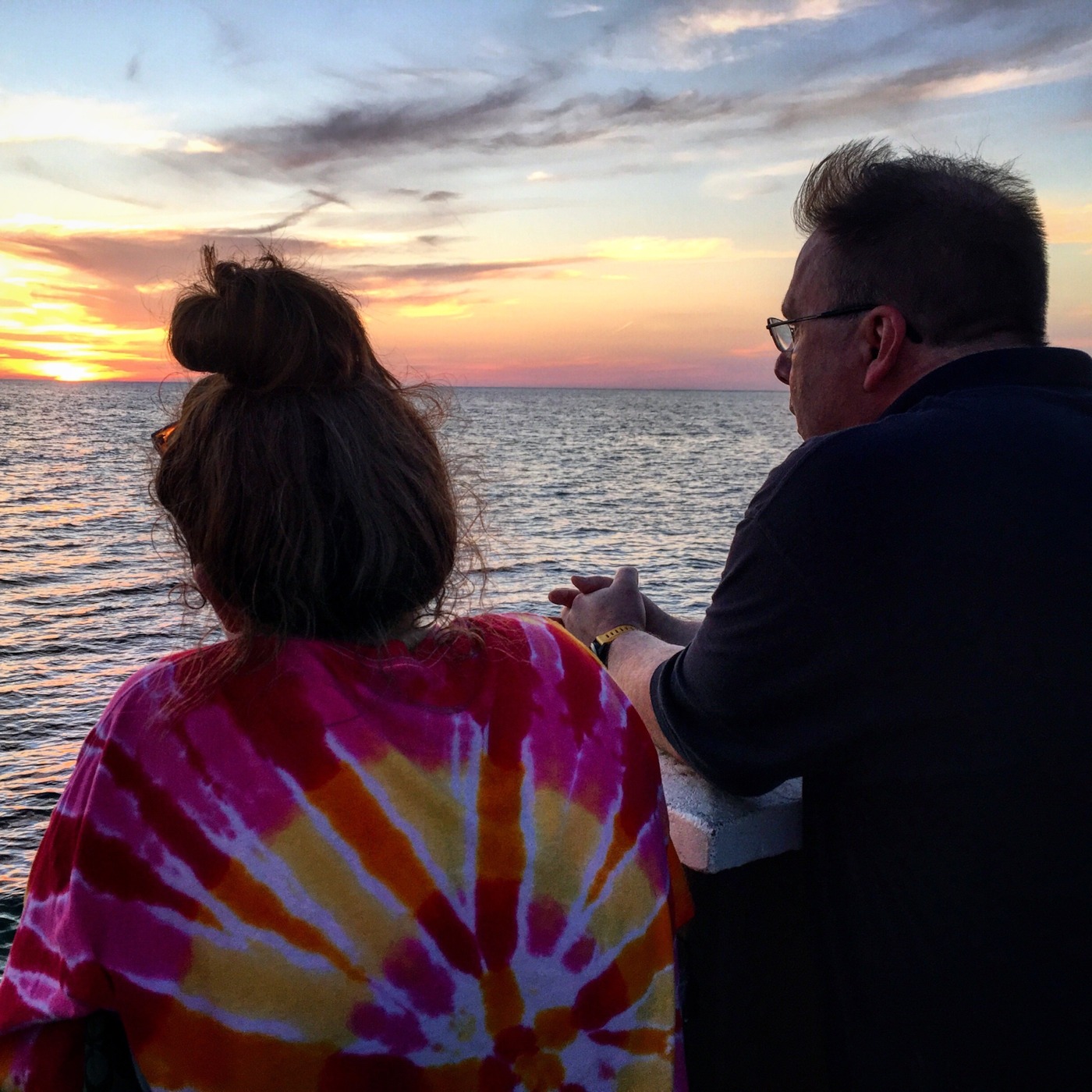Listen Slowly - Summary of New Perspective
Description
While it's often fashionable to dwell upon what might have been, what's usually overlooked is that, really and truly, it couldn't have.
Because, invariably, any romanticized versions of how things "might have been," are based upon fictionalized versions of the past.
You see, most of the time when people think the present could have been different from it is, it's because they think the past was different than it was. Happily, the future can still be anything, when you surrender to the details (and who has to do what).
If we look closely at the evolution of religion over time, we see that there has been gradual growth toward the goal of union with God. Religions continue to change, “Transcending and including,” as Ken Wilber says, learning from old ways and opening to new. Christianity is no different from other religions in this regard. Over the next few weeks I will focus on people and communities within Christianity who were somehow transformed and “got it” at a mature level for their time in history.
Christianity first emerged not as a new religion, but as a reform and sect of Judaism within Judea and the Mediterranean. Wherever Paul, Peter, and other early missionaries traveled, they formed small communities of believers in “The Way,” a movement that emphasized Jesus’ teachings, death, and resurrection as the path to transformation. Gradually the movement grew and took on a life of its own, welcoming non-Jews as well as Jews, becoming more inclusive and grace-oriented, until it eventually called itself “catholic” or universal. By 80 CE, there were Christians as far away as India and France.
The “Early Church” period (the five hundred or so years following Jesus’ resurrection) was a time of dramatic change in culture, politics, and economy. All these changes affected the development of the fledgling religion, shaping liturgy, rituals, and theology. Historian Diana Butler Bass writes, “for all the complexity of primitive Christianity, a startling idea runs through early records of faith: Christianity seems to have succeeded because it transformed the lives of people in a chaotic world.” During this time, Christianity was not so much about doctrines or eternal salvation, but about how to live a better life here and now, within the “Reign of God.”
From the perspective of occupying Roman powers, the Christian sect was radical because it encouraged alternative behaviors that were both attractive to those at the bottom and threatening to the worldview of empire. Rather than acquiring wealth, this new sect shared possessions equally. Followers of The Way lived together with people of different ethnicities and social classes rather than following classist and cultural norms.
Early Christianity is largely unknown and of little interest to most Western Christians. The very things the early Christians emphasized—such as the prayer of quiet, the Trinity, divination, universal restoration, and the importance of practice—have been neglected, to our own detriment. With the schism between what are now the Eastern Orthodox and Roman Catholic churches in 1054 CE, Christians, in effect, excommunicated one another. Every time the church divided, it also divided up Christ, and both sides of the divide were weaker as a result.
Through these meditations, I will try to reclaim some of the forgotten pieces of the Christian tradition for our wholeness and blessing, hopefully bringing us closer to what it means to be created in the image and likeness of God. Not knowing this early heritage will allow us to cling to superficial Christian distinctions that emerged much later, and largely as historical accidents.
More Episodes
God, as a concept, can appear to hate you as long as you project the hatred you have, perhaps routinely yet momentarily felt and observed from the very men who seem to appear to be like the God none is able to conceive of. Conceptions are deceptions. Just as saying the word ‘water’ is a...
Published 04/09/19
Published 04/09/19
The Bible is blasphemous whenever it is used as caselaw and even the Word of God — which is a flat rejection of the Holy Spirit. Can’t jam Infinite Love inside any book. Not until 1850 did Protestants in Alabama suddenly demand this book be deemed inerrant. An inerrant book written by men? ...
Published 04/09/19


